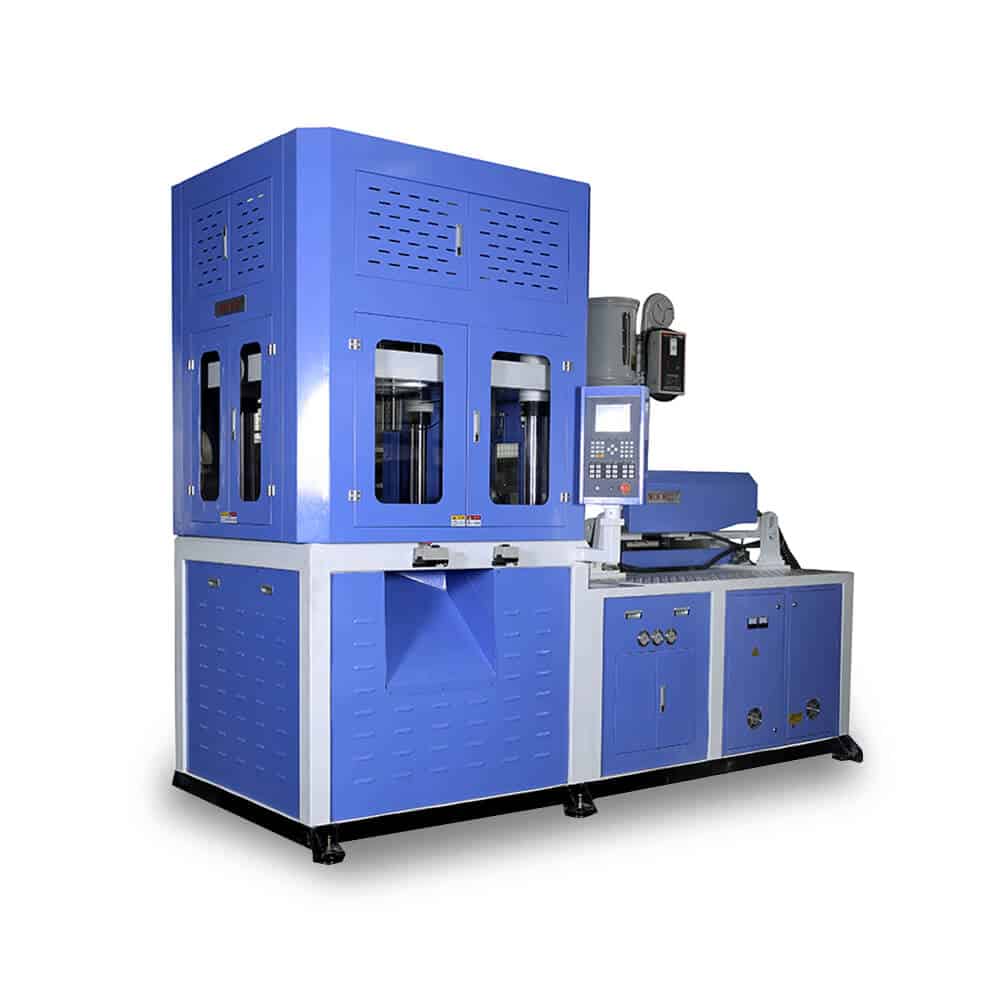Injection machines are a crucial component of modern manufacturing processes. They are used to produce a wide range of products, including plastic toys, automotive parts, medical equipment, and consumer electronics. Injection machines are designed to inject molten material into a mold, allowing the material to solidify and take the shape of the mold. In this article, we will explore the importance of injection machines in modern manufacturing and discuss how they have revolutionized the production process.

History of Injection Molding
Injection molding is not a new concept. The process was first developed in the 19th century to produce billiard balls. However, it wasn't until the mid-20th century that the injection molding process became widely adopted for industrial applications. In the 1950s, the first hydraulic injection molding machines were introduced, which allowed for greater control over the injection process. Since then, injection machines have undergone significant advancements in design and technology, making them a staple in modern manufacturing.
Advantages of Injection Molding
Injection molding has many advantages over other manufacturing processes. One of the most significant benefits of injection molding is its ability to produce complex shapes with a high level of accuracy and consistency. This is because the mold can be precisely machined to the desired shape, and the injection machine can accurately control the flow of material into the mold. This makes injection molding ideal for producing parts with intricate geometries, such as gears, connectors, and medical devices.
Another advantage of injection molding is its ability to produce large quantities of parts quickly and efficiently. Once the mold is set up, the injection machine can produce identical parts in rapid succession, allowing for high-volume production runs. This makes injection molding a cost-effective solution for producing large quantities of parts, particularly when compared to other manufacturing methods such as CNC machining.
Injection machines also offer a high degree of flexibility in terms of the materials they can process. While plastic is the most commonly used material in injection molding, injection machines can also process a wide range of other materials, including metal, ceramic, and even glass. This versatility makes injection molding a viable option for producing a diverse range of products.
Importance of Injection Machines in Manufacturing
Injection machines have revolutionized the manufacturing industry by making it possible to produce high-quality, complex parts quickly and efficiently. They have become an essential component of many manufacturing processes, particularly in industries such as automotive, aerospace, and medical equipment. Here are some of the key reasons why injection machines are so important in modern manufacturing:
Improved Product Quality: Standard Injection Molding Machine offer a high degree of precision and consistency, allowing for the production of high-quality parts with a low defect rate. This is essential in industries where product quality is critical, such as medical equipment and aerospace.
![]()
Cost-Effective Production: Injection molding is a cost-effective solution for producing large quantities of parts, particularly when compared to other manufacturing methods such as CNC machining. This is because once the mold is set up, the injection machine can produce identical parts quickly and efficiently.
Reduced Lead Times: Injection molding allows for the production of parts quickly, reducing lead times and allowing manufacturers to get products to market faster. This is particularly important in industries where time-to-market is critical, such as consumer electronics and automotive.
Versatility: Injection machines can process a wide range of materials, making them a versatile option for producing a diverse range of products. This allows manufacturers to use injection molding for a wide range of applications, from producing automotive parts to medical equipment.
Future of Injection Molding
The injection molding industry is constantly evolving, with new technologies and techniques being developed to improve the process. One of the most exciting areas of development is the use of additive manufacturing techniques such as 3D printing in injection molding. This allows for the production of molds with greater complexity and allows manufacturers to
In conclusion, injection machines are a critical component of modern manufacturing processes, offering a wide range of benefits, including improved product quality, cost-effective production, reduced lead times, and versatility in material processing. The injection molding industry has come a long way since its inception in the 19th century, with significant advancements in design and technology. As the manufacturing industry continues to evolve, it is likely that injection machines will play an increasingly important role in the production of a wide range of products. With ongoing development and innovation, we can expect to see further improvements in the injection molding process, making it even more efficient, cost-effective, and versatile in the years to come.